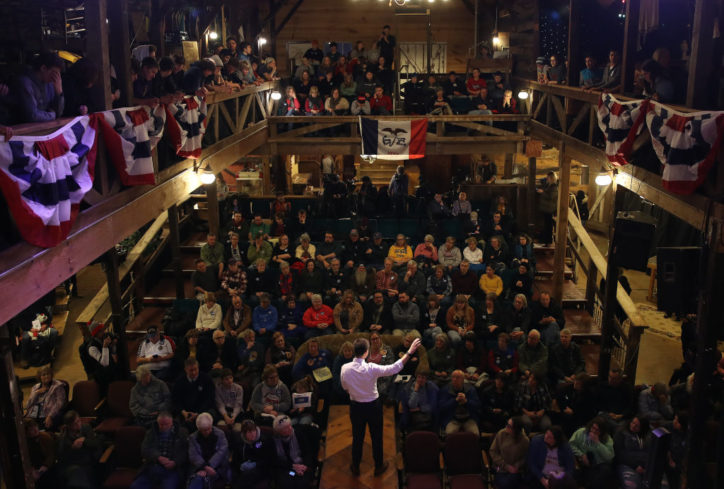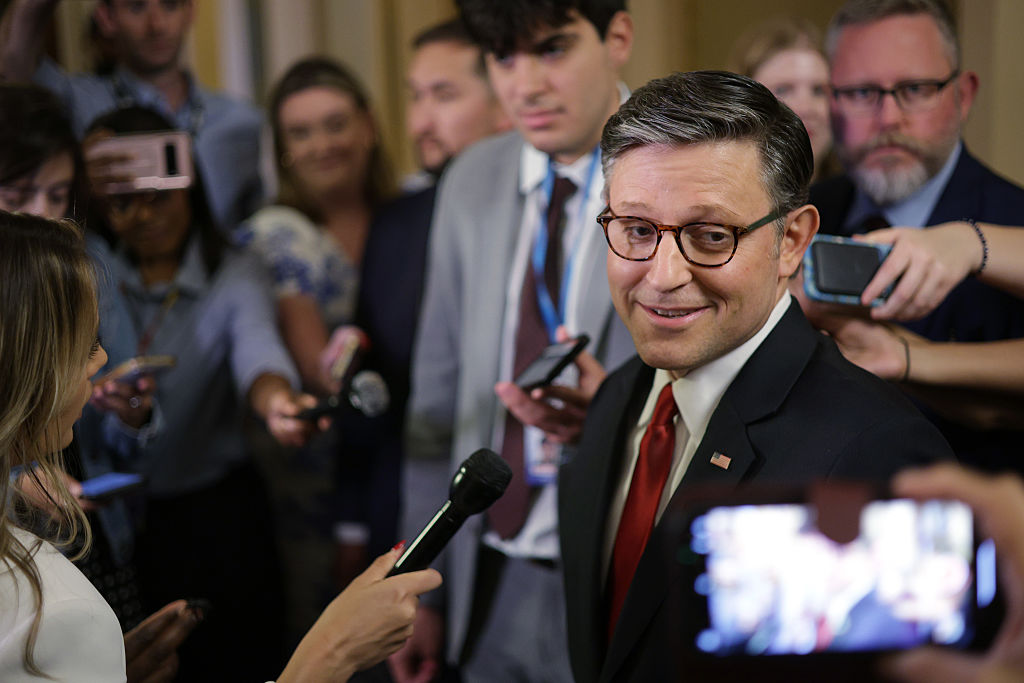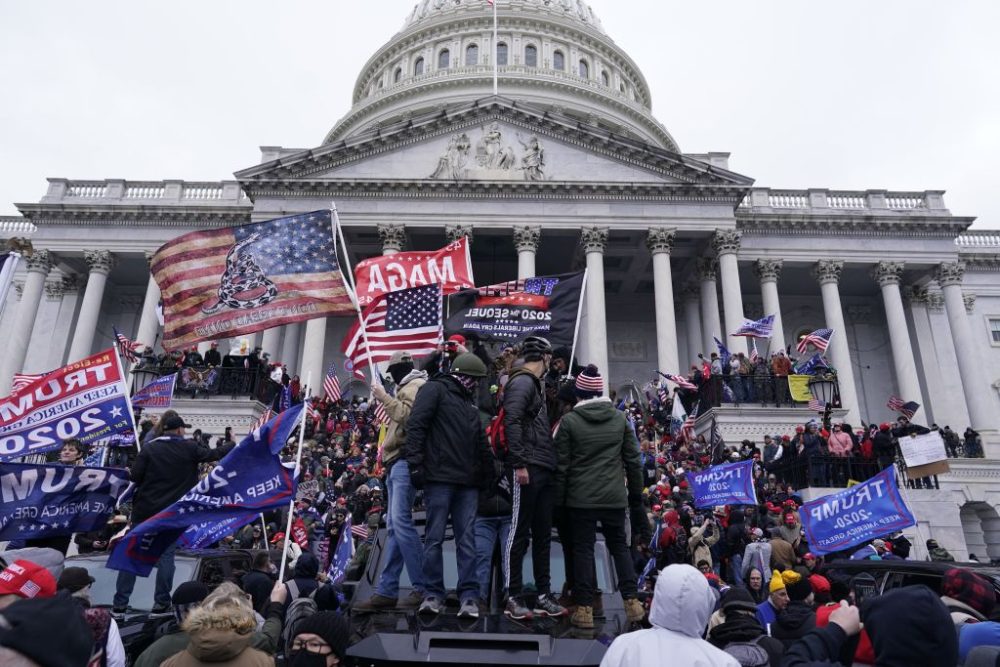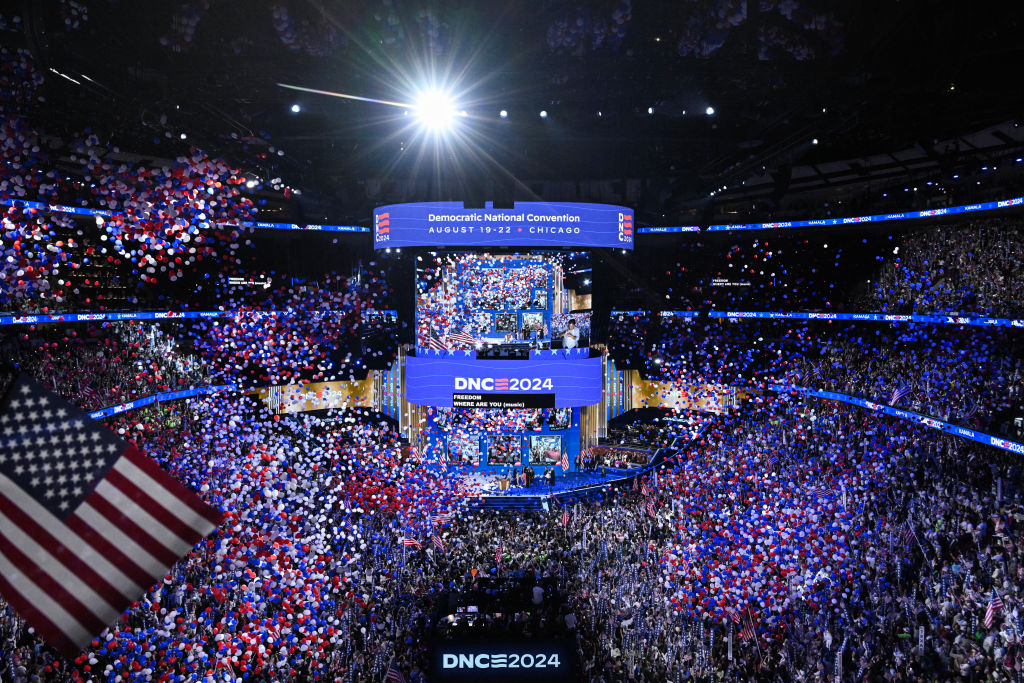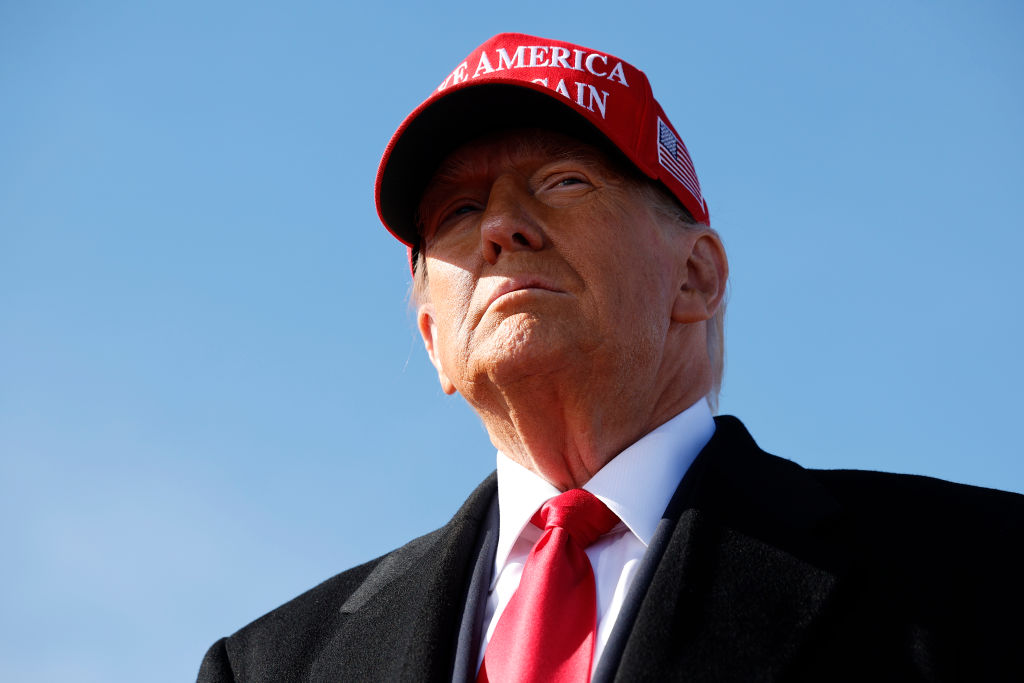Asked the morning after the chaotic Iowa caucuses to render judgment about the Hawkeye State’s voting system, Illinois senator Dick Durbin called it ‘a quirky, quaint tradition which should probably come to an end’. Why would ‘people who work all day, pick up their kids at daycare’ head to a caucus site to spend their evening at a stuffy high school gym with a bunch of random strangers? Why indeed, when a relaxing evening binging on Netflix awaits?
The fate of the Iowa caucuses is probably sealed. The consensus among all factions of Democrats seems to be that primary elections are easier, safer, more accessible to voters. Head into a voting booth at a convenient time, close the curtain behind you, pull a lever, go home.
But that’s exactly the problem. We’ve become too accustomed to believing that a citizen’s highest — perhaps sole — duty in our democracy is to cast a secret ballot every two or four years (and in the case of evaluating Sen. Durbin’s performance even more infrequently so). But what happens at a caucus site comes much closer, in fact, to what the democratic process should look like: Citizens engaging each other face-to-face in political deliberation, exchanging their arguments respectfully, and seeking to pull each other to their respective viewpoints.
That is the ideal, of course. In reality, just like the primaries, the caucuses have become the playground of corporate campaign organizations with massive fundraising arms and armies of local operatives to channel voters into their desired camps. Still, what’s ‘quirky’ and ‘quaint’ about the caucuses is that they are the last best remnant of the American republican tradition.
Traveling the United States in the 1830s, the French diplomat Alexis de Tocqueville observed in amazement how engaged the young republic’s citizens were in the public matters of their communities. Charities, churches, and political clubs were bustling with activity and made the distance between the nation’s remote townships and centers of political power feel so much shorter.
More than a century and a half later, the sociologist Robert Putnam noted the tragic decline of these same civic institutions that for so long had made up the backbone of the American political system. Membership-based organizations were replaced by the end of the 20th century with ‘professionally staffed advocacy organizations’ with extensive mailing lists in place of active local branches. Signing a check to nonprofits based in Washington DC had become the only other way to partake in the nation’s political life.
And just as you cannot ‘join’ a business-like structured nonprofit, neither is it possible to join the two major parties. It is now impossible for citizens to attend internal party meetings and debate their political programs. Choosing between either party’s candidates comes much closer to picking one’s favorite brand than engaging in a meaningful political act. Unsurprisingly, Sen. Durbin added in the same interview that primaries would make it easier ‘for people to express themselves’ — as if ‘self-expression’ was the main point of democratic life. This I can do by picking out the most colorful Air Jordans and a quirky iPhone case, thank you.
As the opioid crisis and a wave of suicides affect too many communities, it’s time to counter the social isolation that many Americans feel, not add to it.
So, let’s hope that on a frigid February evening four years from now, the churches, gyms, and union halls of Iowa will once again bustle with the delightful political rhetoric of its citizens. Hopefully without consultant-designed smartphone apps that have ruined the show this time.
Gregor Baszak is a PhD candidate in English at the University of Illinois at Chicago. He has previously written for American Book Review, Electronic Book Review, Los Angeles Review of Books and Platypus Review.



